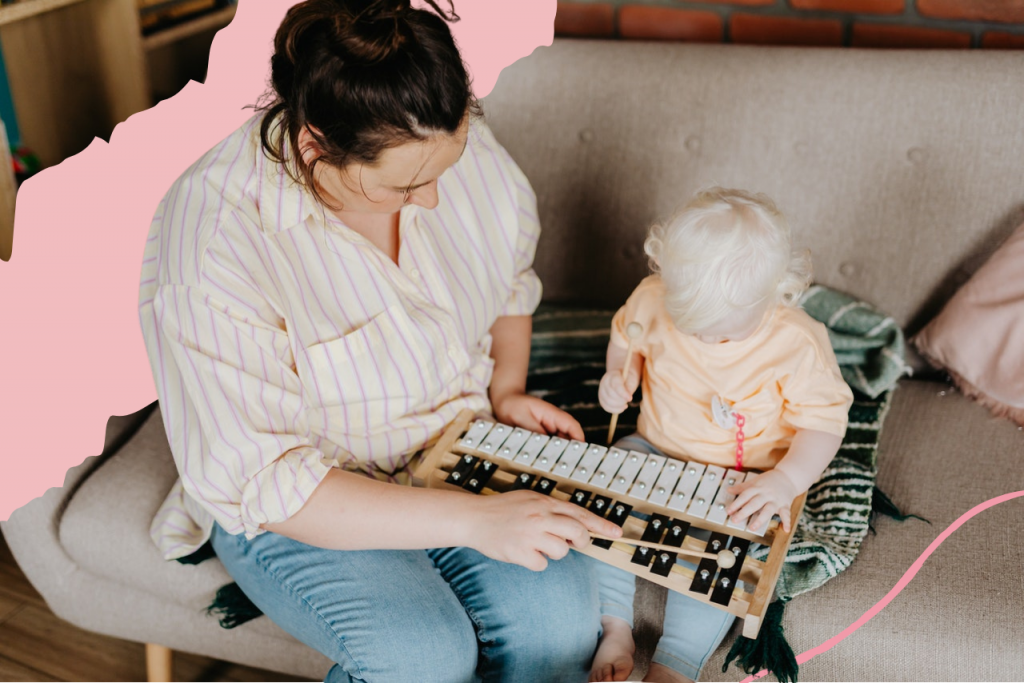For some families, adoption feels like the right choice for them. Some individuals or couples choose to adopt because they can’t have children themselves, for example.
Whatever the reason for wanting to adopt a child, whether you plan to adopt a step-child or a foster child who has suffered neglect or abuse, it is important to familiarise yourself with the adoption process. This way, you can increase your chances of being successful, creating a more harmonious process for both you and the child involved.
For many, adoption can be an emotional process, particularly when difficult circumstances need to be navigated. Adopting a child also comes with an important set of responsibilities that match those of birth parents.

The charity Adoption UK defines adoption as the following:
The legal process whereby a child or a group of siblings who cannot be brought up within their birth family become full, permanent and legal members of their new family.
In some cases, families might choose to adopt a child who has suffered abuse or neglect from their birth parents. Often, these children have spent time in foster care. Offering a stable and loving home can be invaluable for a child and can help improve their prospects. It’s important to be ready for this responsibility and the potential challenges that may come with this.
Types Of Adoption
There are several types of adoption:
Domestic Adoption
Public or foster care domestic adoption is where children are likely placed with foster carers by their local authorities before progressing to adoption.
Meanwhile, private domestic adoptions typically involve prospective adoptive parents and a child’s birth parents working together with a private adoption agency to secure a placement.
International Adoption
This involves an individual or couple becoming the legal parent of a child who is a national of a different country. Things to consider include potential language barriers, as well as cultural sensitivities and adjustments. Similarly, you may want to consider seeking legal support to navigate the complexities involved.

The Adoption Process
The adoption process should always begin with your own research. If you can, speak to those who have been through the process, as well as experts in this area.
Then, you’ll need to choose an agency. You can choose one that’s part of your local council or a voluntary adoption agency. Your chosen agency will tell you everything you need to know and provide the application form after assessing your suitability.
After submitting your application, there will be a full assessment of you (and your partner if applicable). This will include the following:
- Police checks
- A full medical examination
- Three personal references
- Several social worker visits to assess your suitability in more detail
After passing this stage, your case will then be presented by a social worker to the Adoption Panel.
When matching you with the right child, your adoption agency will work with local authorities and yourselves to establish the suitability of potential children. A matching panel makes the final decision. Then, once this is settled, you’ll get to know the child through short visits and stays so that your child feels comfortable when they move in. After a while, you can apply to the court to become their legal parent.
Challenges In The Adoption Process
It’s important to remember that the adoption process isn’t without its challenges. You should be mindful that children may feel grief after being separated from their biological parents, siblings or other family members. They may also feel sad to be separated from their foster parents. Keep in mind that this could impact a child later in life as well.
On top of this, there may be a need to navigate more complex areas of child law with the help of a specialist children’s solicitor. Legal professionals with experience in handling sensitive issues in this area can help you professionally while ensuring you have the support you need.
Adoption can also create self-esteem issues, where children feel ashamed to tell others that they are adopted. There’s a risk that they could find school challenging or develop mental health issues. It’s important to communicate openly with adopted children and normalise the topic. Where possible, it may be beneficial to maintain a good relationship with the child’s birth family.
*The information provided in this blog post is for general informational and educational purposes only and is not a substitute for professional advice. The adoption process can vary greatly depending on individual circumstances, local laws, and regulations. While we strive to provide accurate and up-to-date information, we cannot guarantee that all of the information is applicable to every adoptive situation. We encourage readers to consult with qualified adoption professionals or legal advisors for advice tailored to their specific situation. The experiences and processes described herein may not be representative of all adoptions and should not be taken as legal advice.*





